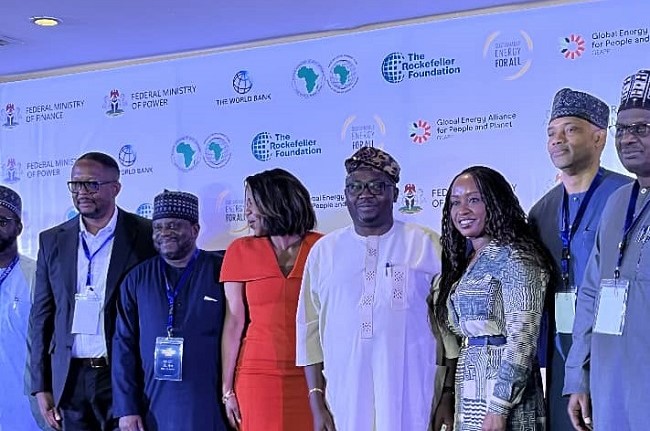SEO Riders:
– Minister Adelabu pledges full cost-reflective tariffs and sector debt resolution.
- – $32.8 bn “Mission 300” to electrify 300 m Africans, with $15.5 bn private investment.
– Reforms include grid expansion, corporate governance overhaul, and green energy integration.
Nigeria’s Power Minister, Adebayo Adelabu, reaffirmed the Federal Government’s commitment to transforming the power sector through deep reforms aimed at achieving sustainability and bankability. At a Mission 300 stakeholder meeting in Abuja on July 8, he said Nigeria is targeting US $32.8 billion in investment—of which $15.5 billion is expected from private sources—to ensure universal energy access and position Africa’s largest economy as a regional energy hub. The minister underscored priorities across the value chain: eliminating the ₦4 trillion subsidy debt, transitioning to cost-reflective tariffs with social safety nets for vulnerable households, and recovering idle generation capacity.
He highlighted strategic reform levers, including transmission network upgrades under a $2.3 billion Presidential Power Initiative backed by Siemens and the EU, and corporate governance reforms such as splitting TCN and establishing independent bodies like NISO and TSP per the Electricity Act 2023. Adelabu also flagged progress: peak generation reached 6,003 MW in Q1 2025 (up from ~4,100 MW in 2023), with revenues rising 70% to ₦1.7 trillion—cutting subsidy shortfall by ₦1.1 trillion. He added that reforms extend to rural electrification, renewable integration, metering through DISREP, and human capital development—signaling a holistic approach to building a reliable, scalable, and climate-aligned energy sector.
